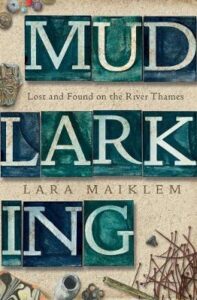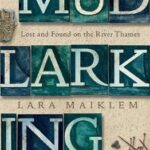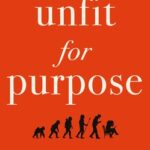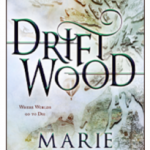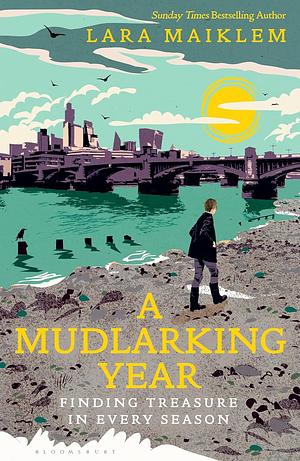
A Mudlarking Year: Finding Treasure In Every Season
by Lara Maiklem
Genres: History, Memoir, Non-fictionPages: 358
Rating:

Synopsis:For over two decades, Lara Maiklem has been scouring the banks of the tidal Thames looking for objects - lost or discarded - that tell forgotten stories. In this charming sequel to the bestselling Mudlarking, Lara widens her search beyond the river and reflects on life lived post-pandemic, reminding us that it's possible to draw meaning in the most unlikely of places.
As she searches the foreshore through the changing seasons, she is at times aided by the gentle illumination of the falling winter sun or hindered by bright summer skies and lashing rain. Yet, by working in harmony with the unpredictable terrain, she finds solace in aligning with the elements and uncovering the treasures that are bestowed by the tide. From medieval pilgrim badges and Tudor love tokens, to Georgian wig curlers and Victorian pottery, each passing day unearths ordinary and extraordinary objects that tell the rich story of London's past and its inhabitants.
I liked Lara Maiklem’s Mudlarking quite a bit, as I recall, and I was fascinated by the bits and pieces of historical information, the unfiltered nature of it all. Those same aspects felt more irritating here in this book, though — there’s no organisation to it, just the turning of the seasons, so there’s a lot of repetition.
In the end, I think the problem is that it comes out more as autobiography than history or even a discussion of mudlarking, and thus is just generally not my thing. There are still the same fascinating snippets, albeit with some info that I’m certain is repeated from Mudlarking, but… it doesn’t feel like anything new, and I don’t like Maiklem enough as a person (on this level of acquaintance, anyway) to be spending this much time with her. I especially don’t care enough about her kids, their process of going up, and how often she’ll leave them and her wife and just go down to the foreshore because she feels like it.
She’s mostly responsible, as mudlarks go, in relation to protection of the environment and archaeology — at the very least, she’s smarter than to say in print that she breaks the rules — and critical of other mudlarks who are less responsible, but she’s also kinda… exclusive? She seems to feel that parts of the river belong to her, and she won’t tell others where she found something, and that attitude hits wrong.
So… all in all, just not for me.
Rating: 2/5

